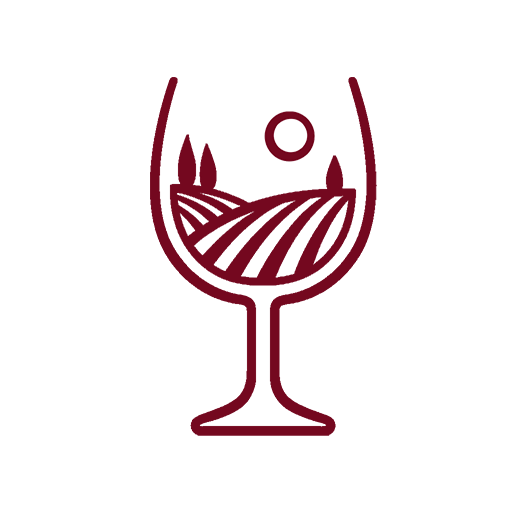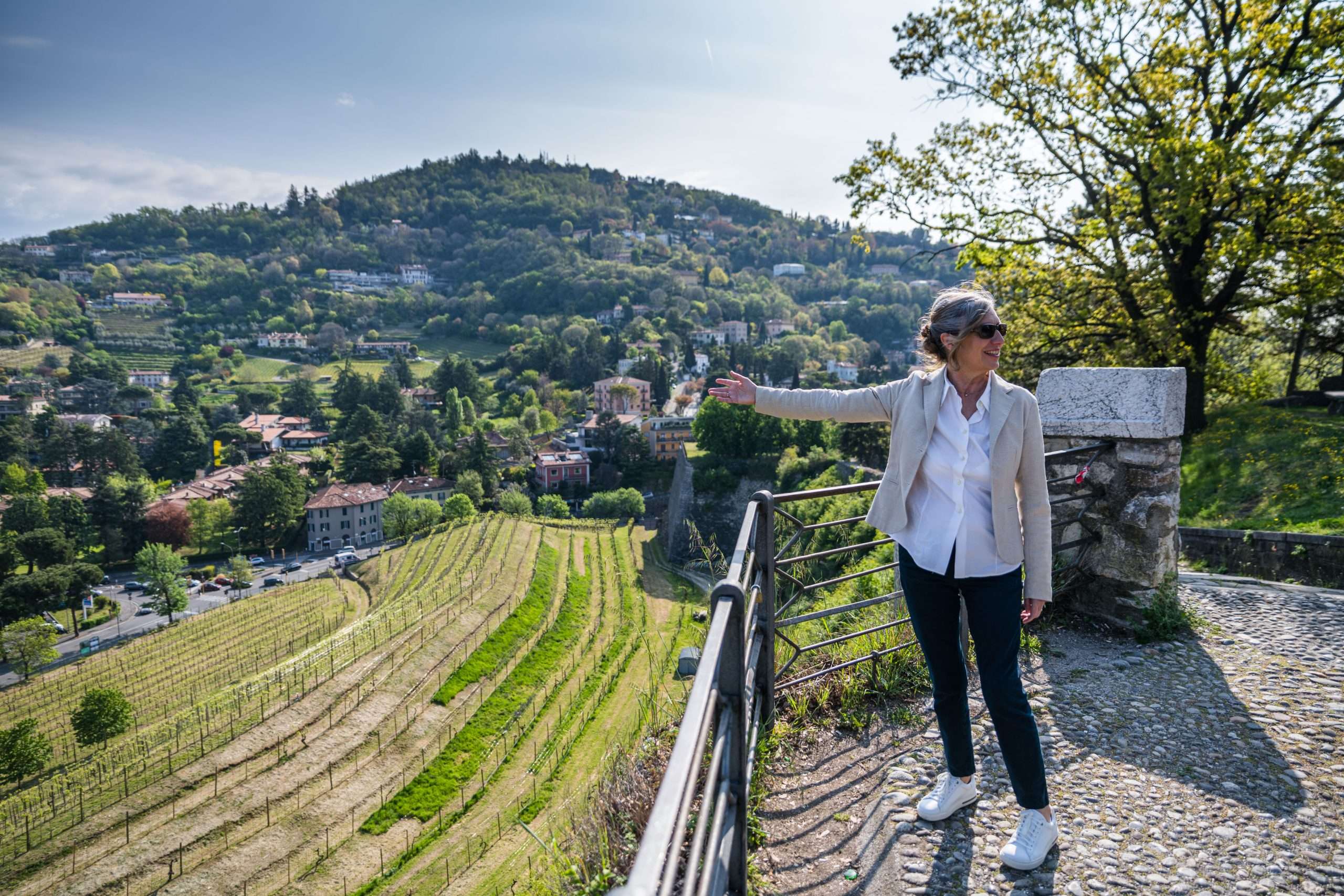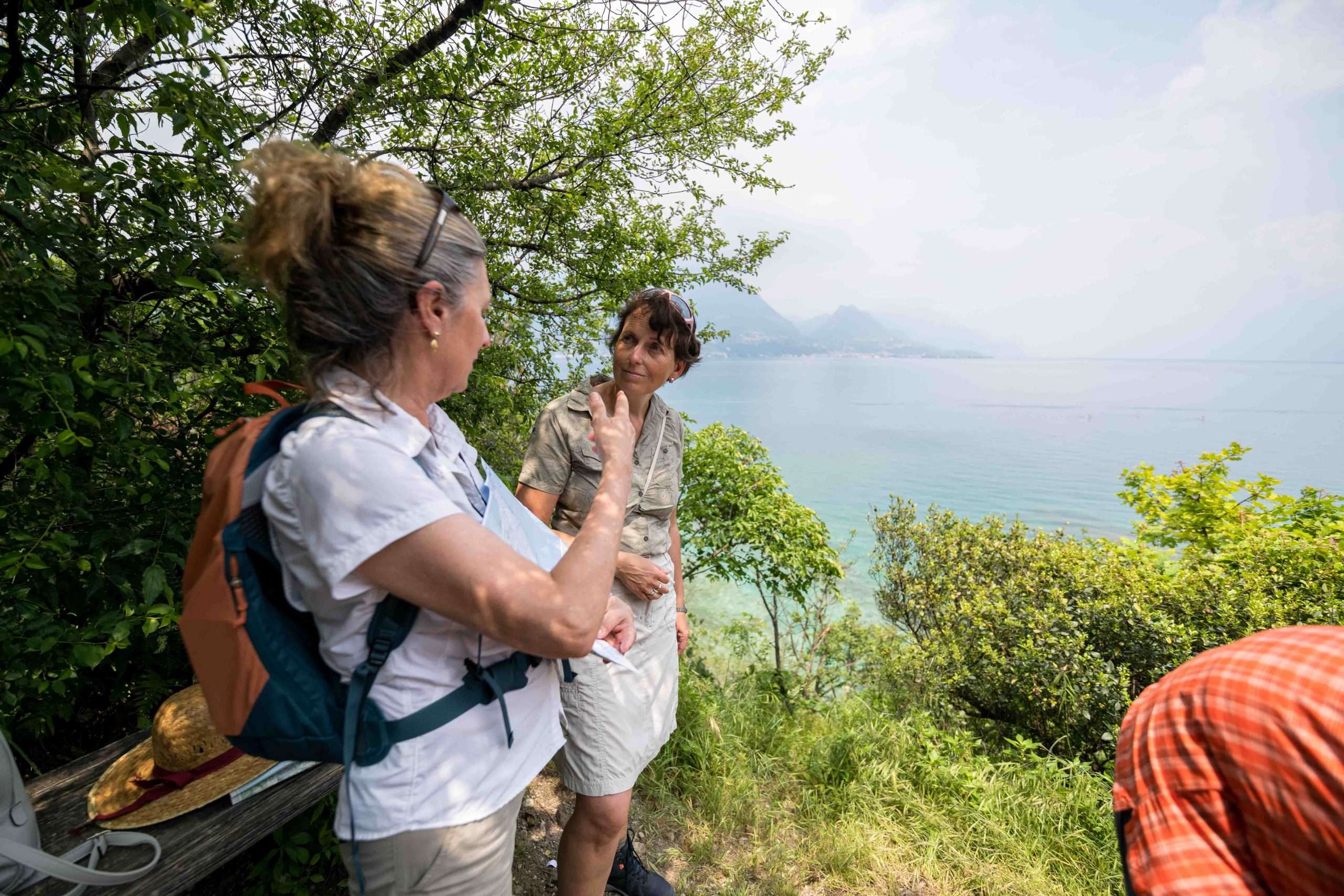
FOOD & WINE TOURISM FORUM: EDIZIONE 2023
Riflessioni nel solstizio d’estate
Dopo oltre un anno di silenzio, ricomincio il blog da Grinzane Cavour nel solstizio d’estate. Il luogo non è casuale e neppure la data. Come tutti i “ricomincio” sono pieni di auspici e intenzioni, ma meglio rimanere riservati.
L’opportunità è offerta dalla sesta edizione del Food&Wine Tourism Forum, il pensatoio del turismo enogastronomico nel cuore delle Langhe, dove si individuano e si studiano le tendenze, partendo rigorosamente dai dati a disposizione dei diversi centri di ricerca a livello nazionale ed europeo sull’andamento dei flussi turistici e del loro impatto sui territori di accoglienza.
Va’ pensiero!
Già dalle prime battute in apertura si intuisce che l’asticella è posizionata in alto e anche questa volta non ci si risparmia. Fare grandi vini è vocazione in diverse aree del paese, essere destinazione vinicola, invece, è molto più complesso e non è da tutti. I portatori di interesse sono tanti e con interessi diversi e organizzare una pianificazione strategica e misurabile, al momento, è ancora un’eccezione in un paese, dove l’individualismo spesso da fatica a contenersi.
Non può essere un caso se uno dei grandi interpreti enoici del territorio dichiara “è il luogo dove far volare alto il pensiero” e poi, pensandoci su, ti ricordi che, oltre trent’anni fa quando il cibo diventava FAST, loro scelsero il versante opposto e come logo scelsero una lumaca rossa diventando in un solo colpo l’emblema del godimento e del buongusto, anticipando in questo pensiero, anche l’idea di sostenibilità e di inclusione.
Su obiettivi ambiziosi
E rimanendo nei pensieri ambiziosi che anticipano le tendenze, proviamo ad alzare lo sguardo indietro nel tempo. Di certo il popolo era pronto, ma chi avrebbe potuto riunire un territorio ampio e frammentato come la nostra penisola fino alle Alpi, cerniera con l’Europa, se non avessimo potuto contare sull’unica istituzione pronta in quell’epoca a condurre il paese, rapidamente diventato nazione europea?
Piaccia o no, le nuove tendenze vengono elaborate qui, dove tutto sembra semplice e immobile per lo sguardo che sfiora le colline a 360 gradi; invece, nel Food&Wine Tourism Forum all’interno del Castello di Grinzane Cavour è tutto un fermento di idee che diventano sintesi lucidissime per i tanti partecipanti e un brulicare di persone che si spostano rapidamente da una sala all’altra per non perdere neanche una parola di contenuti ricchi e lungimiranti.
La fine (della pandemia!) è un nuovo inizio
Il totem con i 17 obiettivi della sostenibilità è già finito nel passato per il resto del mondo, travolto prima dalla pandemia e poi dall’ultima guerra in Europa, che è già troppo lunga. Al Forum il totem campeggia al centro della sala per ricordarci che gli obiettivi sono ancora tutti lì, che non sono raggiunti e che tocca ad ognuno di noi, tutti i giorni nelle nostre azioni farci carico di quegli obiettivi, che il loro raggiungimento deve essere una bussola, che non può mai essere messa da parte. Il percorso, nel frattempo, si è riempito di imprevisti e ostacoli e dunque la sfida è ancora più forte.
Altri sguardi
La parola d’ispirazione è prospettiva, a seconda di dove metti lo sguardo il tuo orizzonte cambia. E dunque il “pensiero alto” si libera: “Stiamo parlando di enogastronomia e di trasversalità dei temi – ricapitola Magda Antonioli – ma se il tema della giornata fosse il PNRR, diremmo esattamente le stesse cose” rammentando che lei, insieme ad altri pionieri, trent’anni fa introdusse il turismo in cantina e ora, finalmente è arrivato il tempo per quel progetto di uscire dall’azienda per diffondersi nel territorio intorno.
Ma c’è un altro elemento dirompente: non siamo più gli stessi del pre-pandemia! Se prima l’attenzione era focalizzata all’elemento salutistico ora la sensibilità diventa sociale (per fortuna, viene da dire!) ovvero condivisa. E dunque la formula da tenere sempre ben presente la catena del valore: profitto dell’impresa, soddisfazione della domanda, attenzione e cura dell’ambiente.
E c’è chi pensa al posto nostro
In un luogo in cui si presenta e si pratica l’innovazione, non poteva mancare la grande star del momento, l’intelligenza artificiale. Piaccia o no, è sempre più presente e rapidamente entrerà a far parte delle nostre vite. Essere riluttanti, come nel mio caso, serve solo a ritardare un inevitabile processo. Come in ogni rivoluzione dovremo fare i conti con gli avrà effetti nefasti insieme a tutti i vantaggi che apporterà ai nostri costumi.
Ma il mio pensiero è: riusciremo a resistere alla frustrazione davanti a qualcosa che pensa e scrive molto più facilmente di noi e con molti meno errori? Giulia Eremita – esperta di turismo digitale – prova a spiegarlo partendo dal pragmatismo della casalinga e ponendo domande facili per problemi difficili, tipo: come preparare una cena per due con tre prodotti in frigorifero? In fondo anche la cena domestica è enogastronomia quotidiana, o no?
Gastro ispirazioni oltre al vino
il vino traina, ma a che punto siamo con gli altri alimenti? Come interpretiamo le opportunità offerte dal turismo dell’olio? E il turismo del formaggio? Si aprono opportunità accattivanti e coinvolgenti e una mia proposta esperienziale che consideravo di preparare con calma diventa di colpo urgente.
La progettualità è importante e soprattutto emerge dai dati dell’Osservatorio sul Turismo del Vino di Nomisma, che non solo abbiamo grandi carenze di personale preparato per ricevere nelle aziende, ma il personale formato è sempre riluttante all’idea di sacrificare il proprio tempo libero, soprattutto nel fine settimana, per l’accoglienza e l’intrattenimento dei visitatori.
Non è tutto, nella formazione ideale dell’hospitality manager c’è da colmare un gap … con il vino? No, con la cultura: difficile proporre la narrazione del territorio, senza la minima consapevolezza della … storia, quella vera, importante, che ha determinato il destino dei paesi che ora conosciamo.
Non poteva mancare lo spazio FORMAZIONE per i partecipanti al forum, una serie di professionisti ha fornito le istruzioni per l’uso dei Social Network più usati con consigli ed esempi pratici di applicazione.
Finisce qui?
Certo che no, nella conclusione della giornata Maria Elena Rossi di Enit e Bruno Bertero, destinazione Langhe, Monferrato e Roero provano a tirare le fila della giornata, di cosa fa il “sistema Paese” in questo momento. Emerge ancora una volta l’estremo bisogno di elaborare dati certi comuni a tutti i paesi europei, per cominciare, in modo da essere confrontabili e condivisi. Non è che al momento i dati manchino, ma i nuovi dati disponibili non ci raccontano più solamente da dove viene l’ospite, quanto si ferma e cosa visita, bensì analizzano gli spostamenti, i tempi di fermata in un luogo piuttosto che presso un’attrazione e come vivono su un territorio.
Tornando alla prospettiva, queste nuove elaborazioni diventano veramente dirompenti quando nel progettare una destinazione con lo sguardo al 2030 e oltre ci chiediamo:
- che tipo di destinazione voglio essere o diventare?
- che tipo di ospite voglio attrarre nel mio territorio?
Ma c’è una domanda che mi intriga ancora di più: più volte nella giornata è emerso che l’ospite di questi luoghi è una persona attenta, colta, informata ed esigente. Quello che però mi sembra veramente rivoluzionario è una nuova e profonda sensibilità che si affaccia e sfiora l’autocritica, il turista di domani è invitato a domandarsi:
- che tipo di turista voglio essere io?
Perché, se è vero che le domande sopra, contribuiranno a definire la destinazione Langhe del futuro, il risultato sarà una gestione oculata dell’esistente, se possibile con ancora maggiore cura. Questo posizionamento necessariamente selezionerà i visitatori almeno in alcuni periodi dell’anno per consentire agli ospiti di godere al meglio il tempo della propria vacanza, mantenendo anche il rispetto dei residenti. E questo comporterà anche una maggior responsabilità da parte del viaggiatore nel progettare le vacanze e più in generale il proprio tempo libero.
Gran finale con il calice
Pensieri, parole, entusiasmo, progetti e non ho ancora speso una sola parola sul vino. Recupero subito, anche se io ne parlo alla fine del blog per non perdere il filo delle mia partecipazioni. L’ospitalità al Forum è sacra e la pausa pranzo non si smentisce mai: sobria, ma senza farsi mancare nulla, compresa la selezione delle DOC piemontesi più rappresentative. Ho seguito il trend innovativo della giornata per farmi tentare da una bollicina di Asti docg Spumante secco, esuberante nei profumi inconfondibili della varietà e in qualche modo “spiazzante” quando ti viene a mancare la dolcezza che conosci da sempre. Ma questa è la parte interessante che lascia spazio agli abbinamenti imprevedibili, informali dalla carne cruda, alle insalate di stagione, agli sformati. Insomma, più che mai, “innovazione nella tradizione”. Da cercare e ricercare anche per metterci alla prova con i grandi vitigni italiani in diverse interpretazioni.



